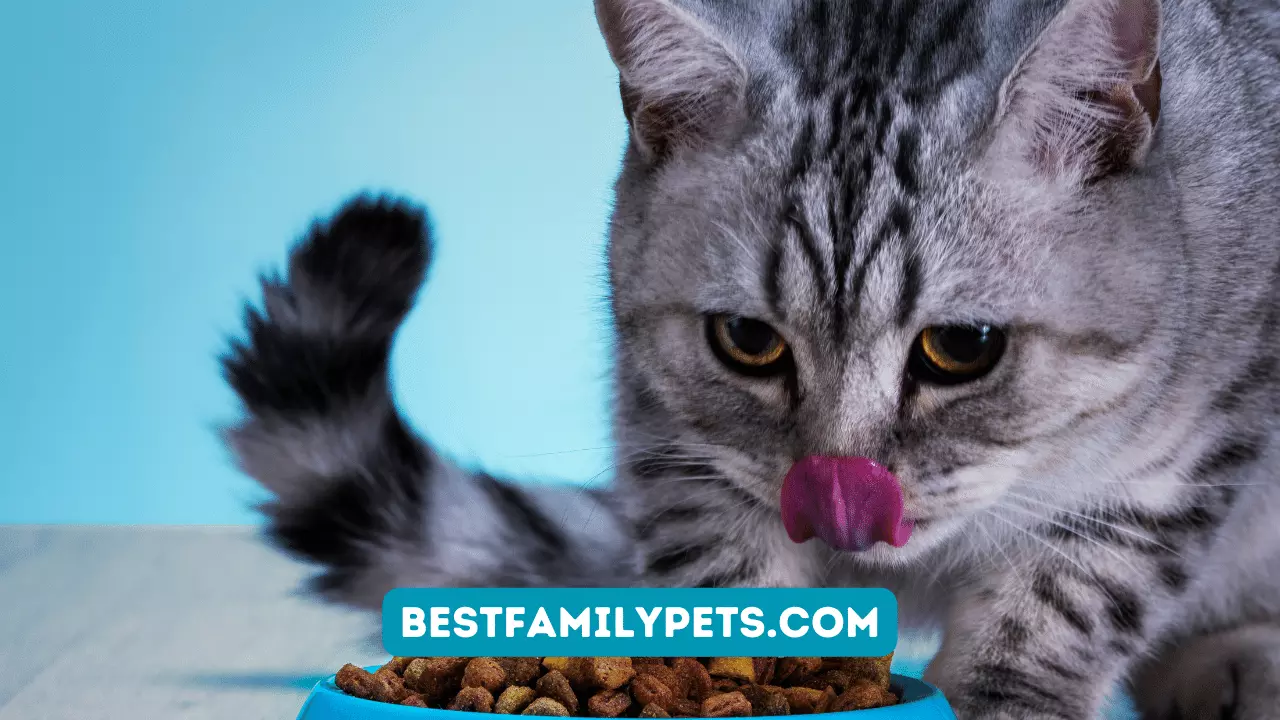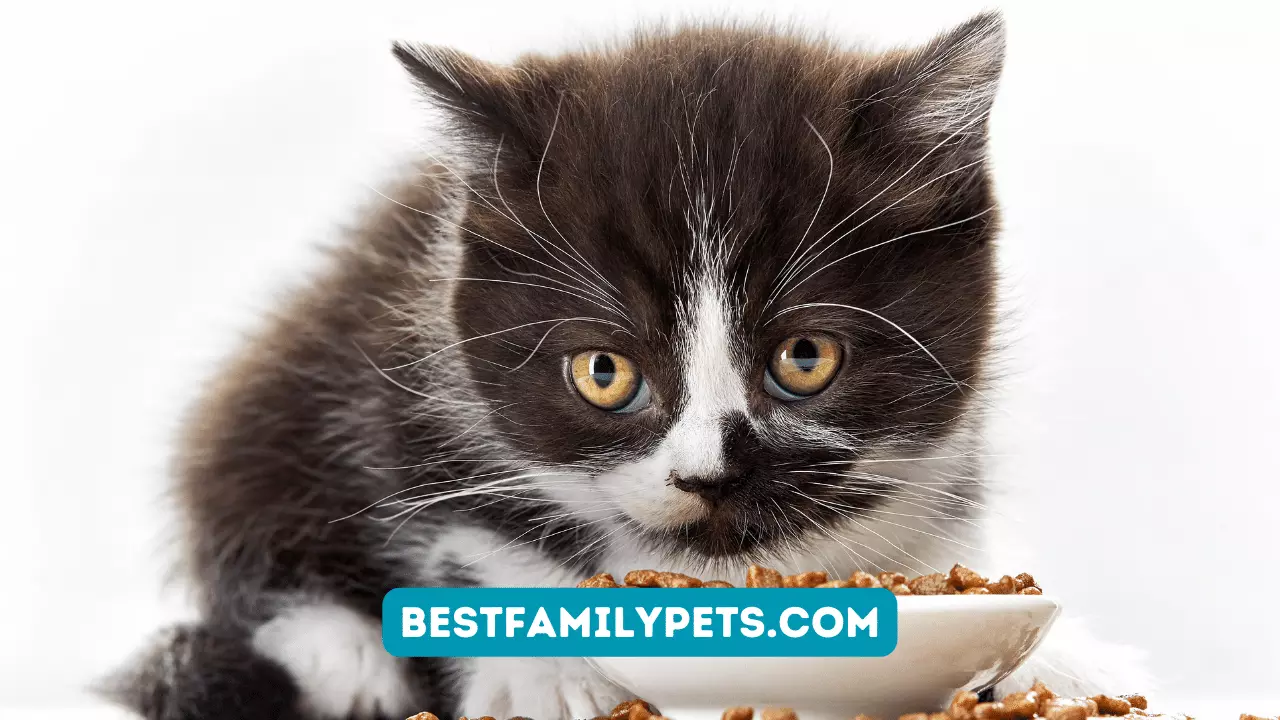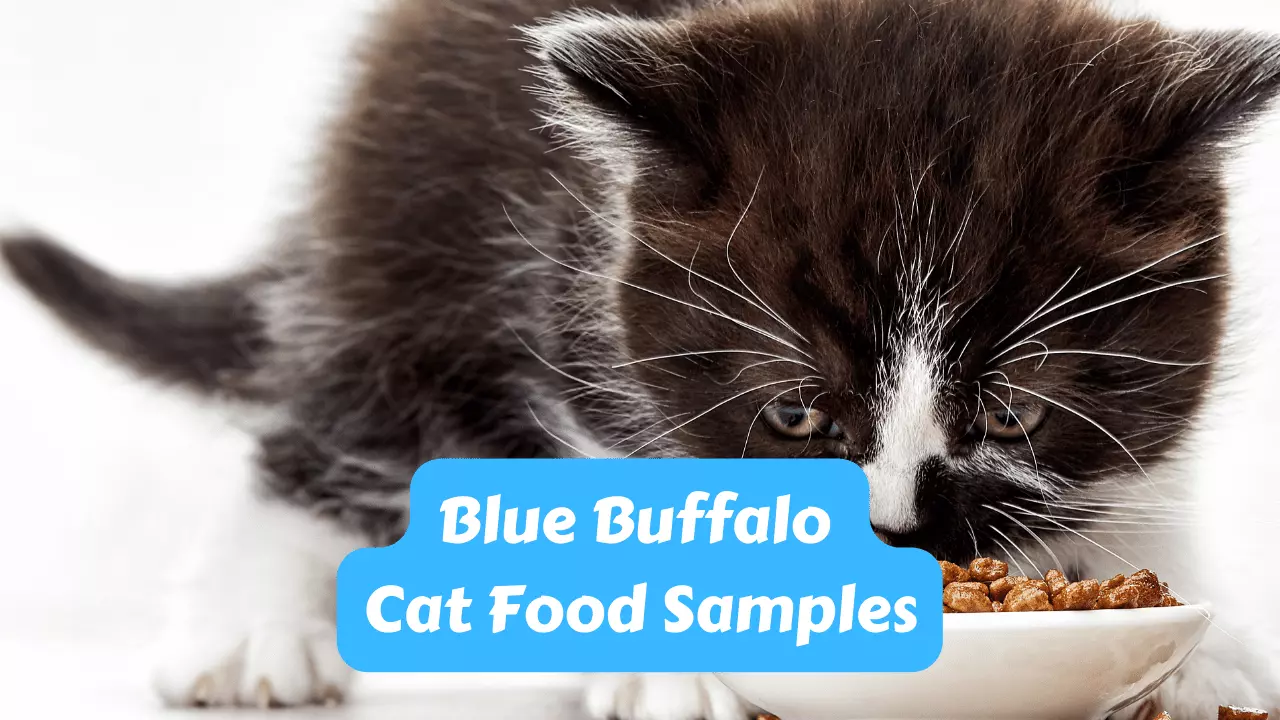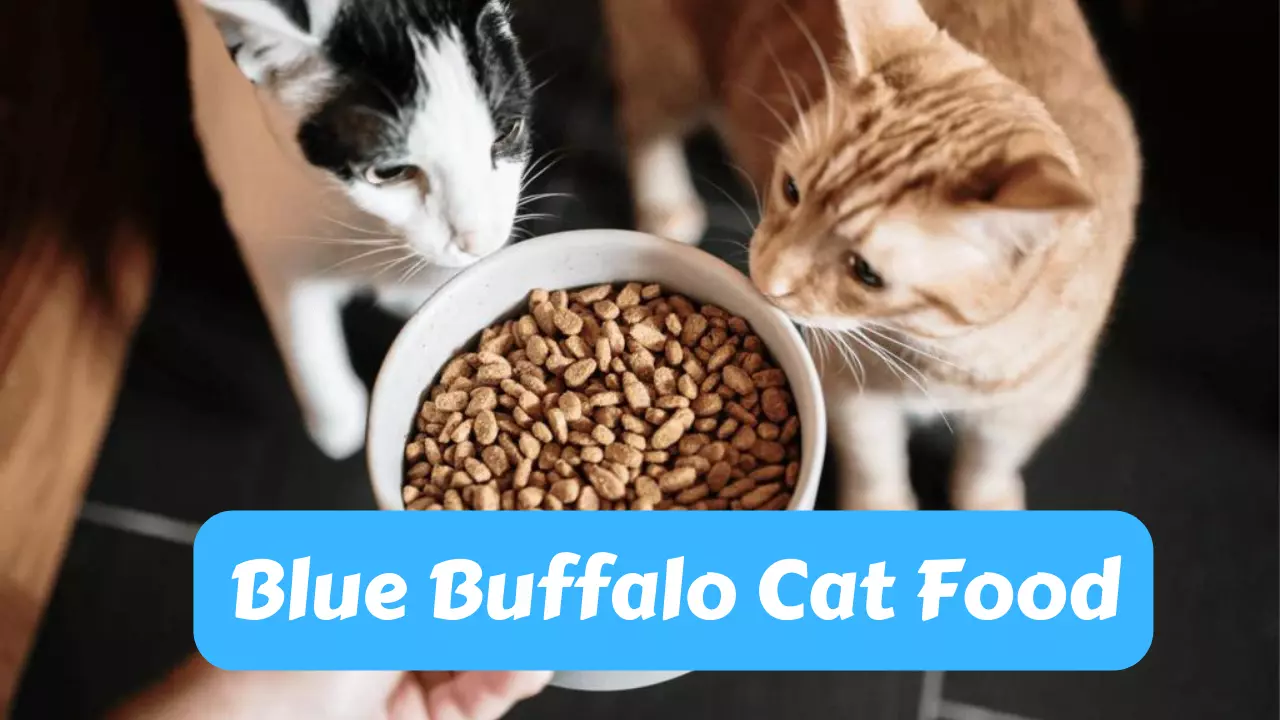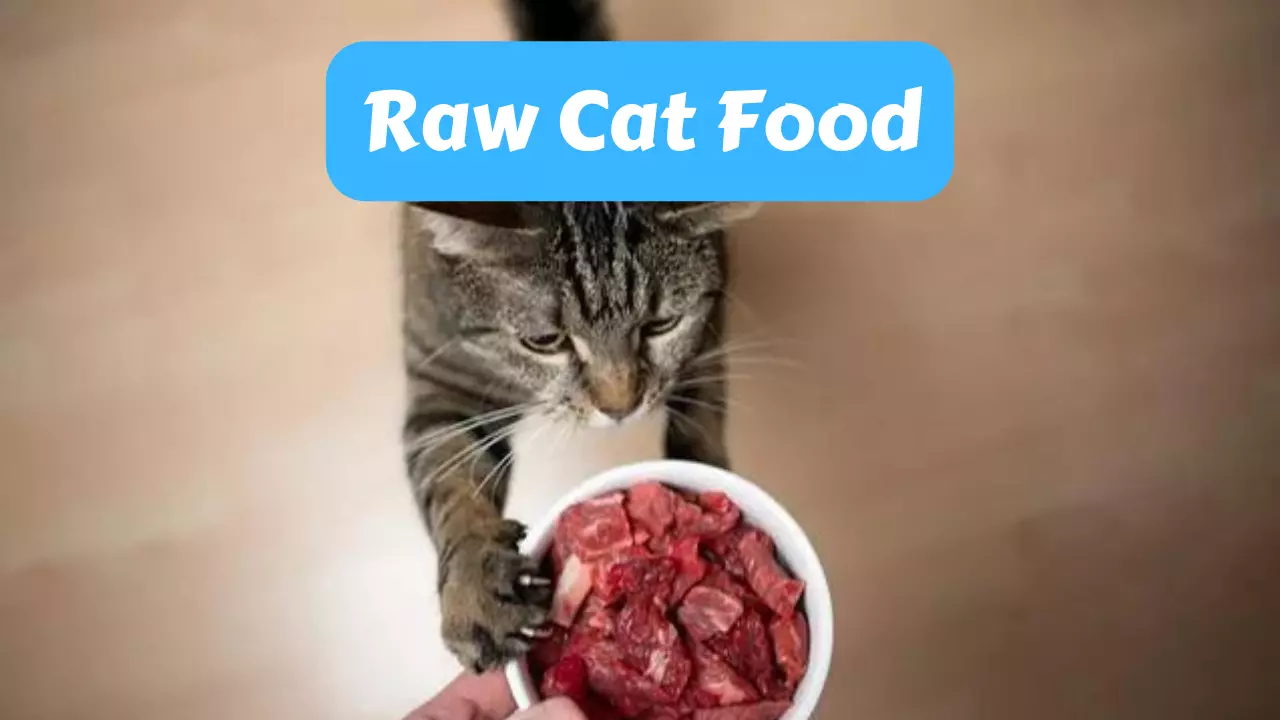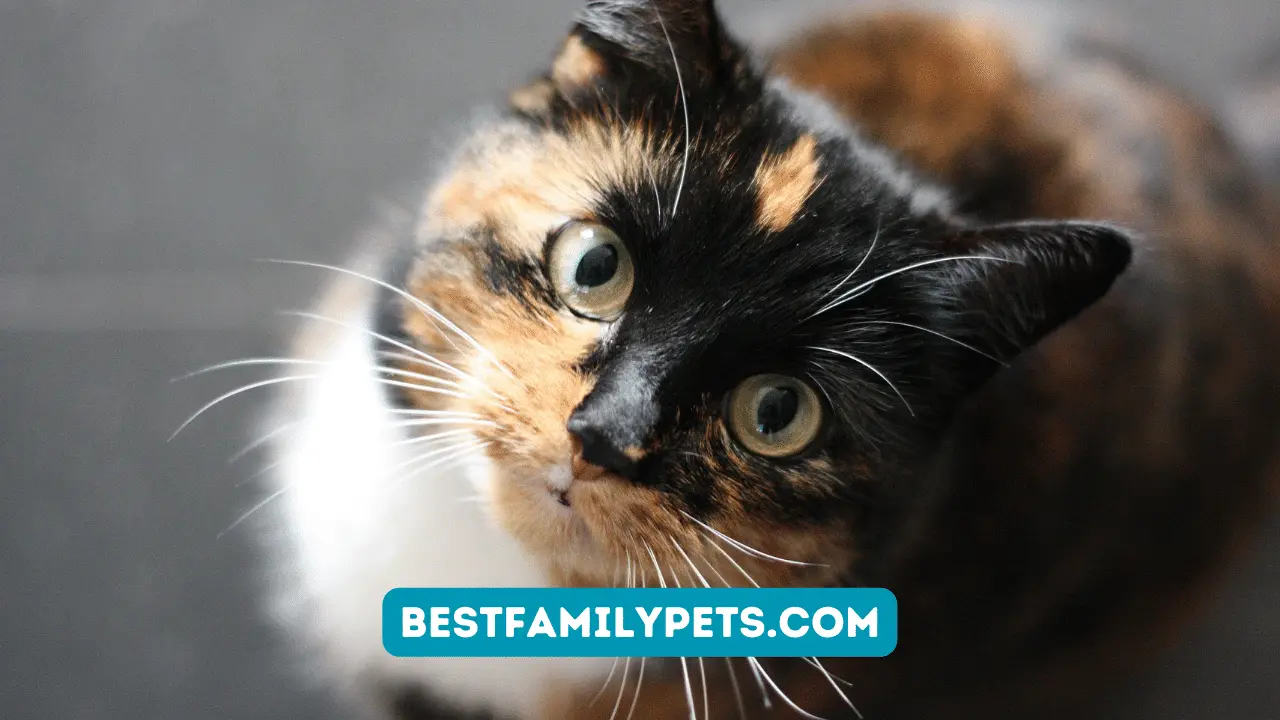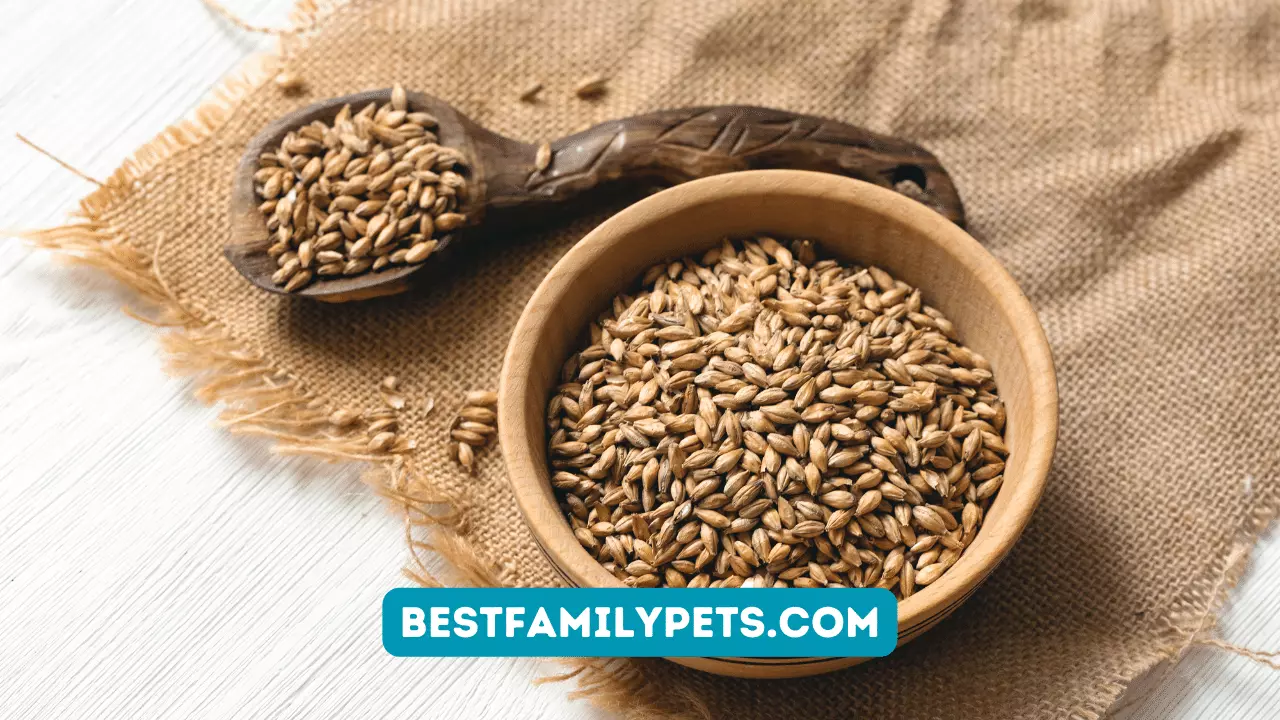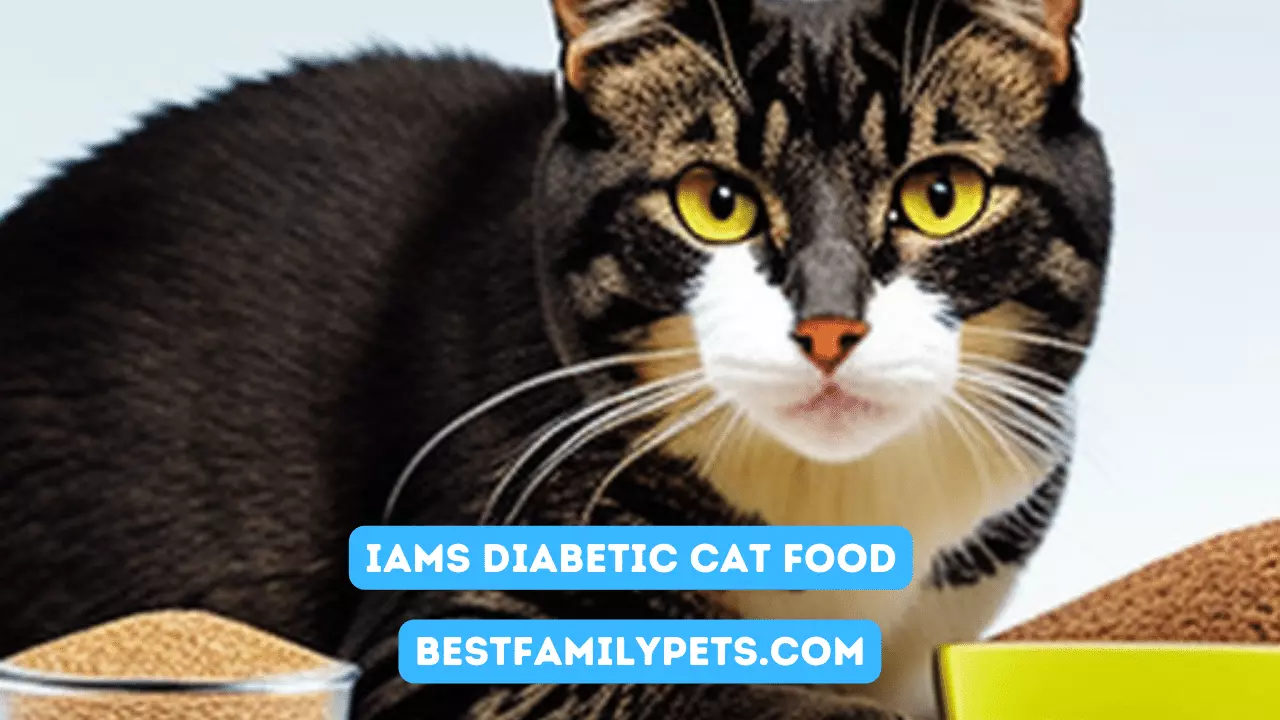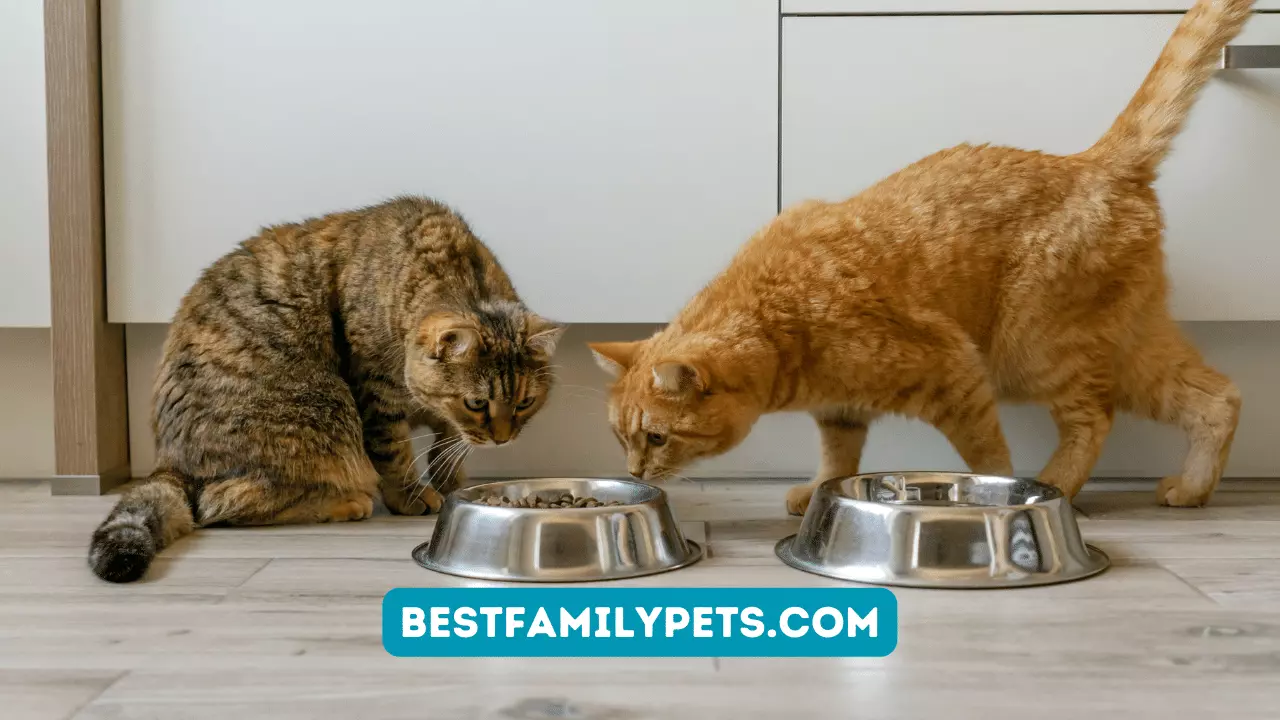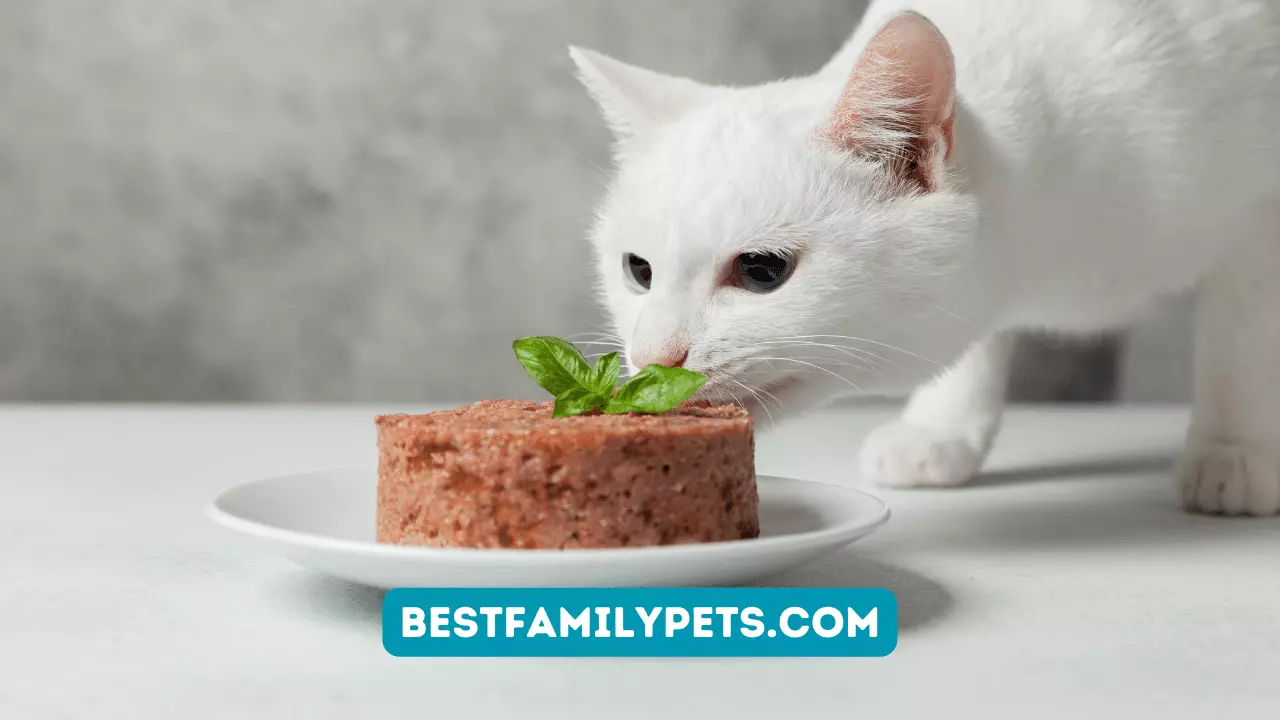Are cats carnivores or omnivores?
Explore the truth about cat diets: Are cats carnivores or omnivores? Learn about their nutritional needs and ideal feeding practices.
When it comes to understanding the dietary needs of our feline companions, there’s a lot of conflicting information out there. One of the most common misconceptions about cats is that they are omnivorous, capable of sustaining themselves on a diet similar to humans, inclusive of both meat and plant-based foods. However, the truth about what cats should eat to maintain optimal health is not as straightforward as it seems.
In this article, we delve into the fascinating world of the feline diet to uncover the truth. Are cats inherently carnivorous, relying solely on meat for their nutritional needs, or have they evolved omnivorous tendencies, particularly in domestic settings? By exploring scientific classifications, natural behaviors, and the impact of domestication, we aim to provide a comprehensive understanding of what constitutes a healthy diet for cats. Our goal is to dispel myths and offer insights into the best dietary practices for these beloved pets.
Table of Contents
Understanding Cats as Carnivores
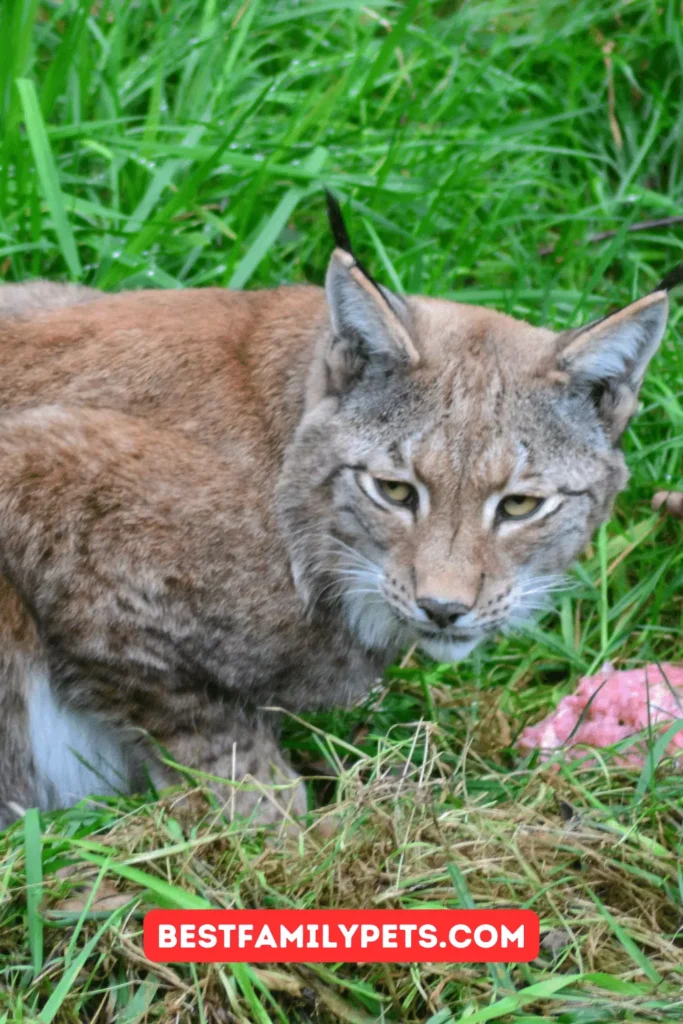
Scientific Classification of Cats as Carnivores
Cats belong to the Felidae family, a group distinctly classified as obligate carnivores. This classification is rooted in their anatomy and physiology, which are finely tuned for a meat-based diet. From their sharp, pointed teeth designed for tearing flesh to their short gastrointestinal tracts optimized for digesting protein-rich food, every aspect of a cat’s biology underscores their carnivorous nature. Unlike omnivores, cats lack certain digestive enzymes, making them reliant on meat to obtain key nutrients.
Natural Diet of Wild and Feral Cats
In the wild, the diet of felines is predominantly composed of small prey, such as rodents, birds, and insects. These wild and feral cats hunt and consume their prey whole, deriving not just muscle meat but also consuming bones, organs, and the stomach contents of their prey. This natural feeding behavior provides a comprehensive nutrient profile – proteins, fats, vitamins, and minerals – that is essential for their health. The act of hunting and consuming prey also contributes to their physical and mental well-being, fulfilling instinctual needs.
Nutritional Needs Met by a Carnivorous Die
A carnivorous diet fulfills several crucial nutritional requirements for cats. Key among these is protein, which is essential for growth, repair, and overall body maintenance. Cats require higher levels of protein in their diet compared to many other mammals. Another vital nutrient is taurine, an amino acid found exclusively in animal-based proteins. Taurine deficiency can lead to serious health issues in cats, including heart disease and blindness. Additionally, cats derive their energy primarily from proteins and fats, unlike omnivores who can utilize carbohydrates for energy. Vitamins like A and B12, also essential for cats, are readily available in a meat-based diet.
In summary, the anatomical and physiological traits of cats clearly indicate their natural predisposition towards a carnivorous diet. By understanding the inherent nutritional needs of these animals, it becomes evident why a diet rich in animal proteins is indispensable for their health and well-being.
The Domestic Cat’s Diet
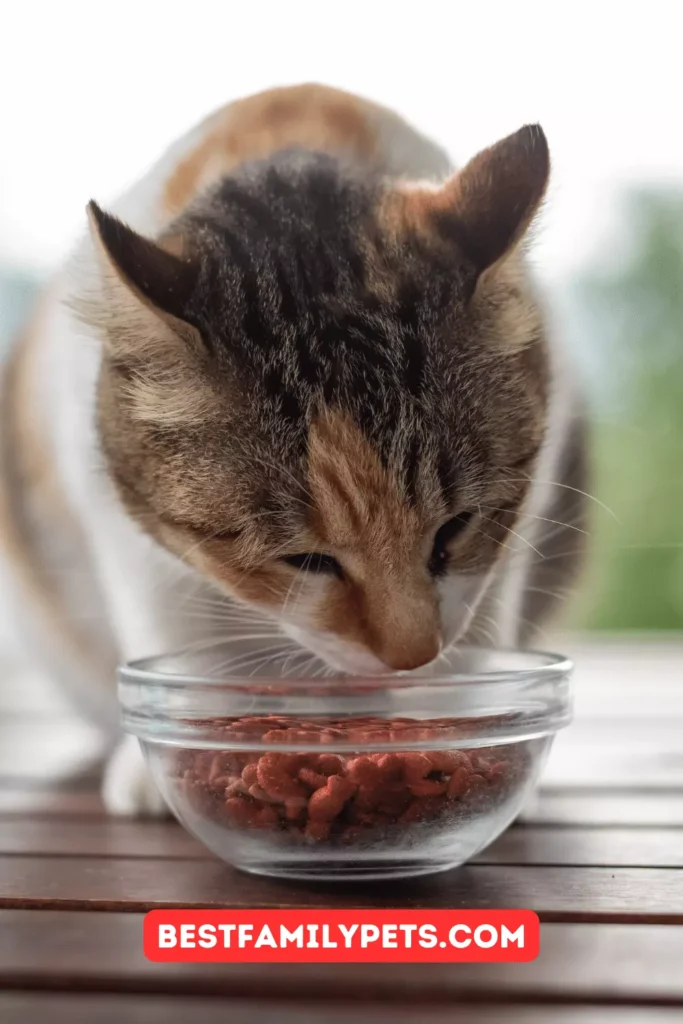
Influence of Domestication on the Cat’s Diet
The process of domestication has significantly altered the diet of cats. While their wild counterparts rely on hunting, domestic cats have adapted to more convenient and readily available food sources provided by humans. This shift has led to a broader range of foods in their diet, though it’s crucial to remember that these changes don’t negate their inherent need for animal-based proteins. Domestic cats, while showing flexibility in their diet, still require the key nutritional components found in meat.
Role of Commercial Cat Foods
Commercial cat foods have been formulated to meet the nutritional requirements of domestic cats. These foods often include a mix of meat, vegetables, and cereals. The inclusion of vegetables and grains in cat food often serves as a source of carbohydrates, fiber, and certain vitamins. However, it’s important that meat remains the primary ingredient, ensuring the provision of essential nutrients like taurine and high-quality proteins. The challenge for pet food manufacturers is to balance these ingredients in a way that meets the nutritional needs of cats while also considering factors like palatability and digestibility.
Adaptation of the Cat’s Digestive System
Despite the changes in their diet, the digestive system of domestic cats remains largely adapted for a carnivorous diet. Cats have a limited ability to digest and derive nutrients from plant-based ingredients. Their digestive system is short and lacks the complexity to break down certain types of plant fibers effectively. This means that while domestic cats can consume a more varied diet than their wild counterparts, their ability to utilize nutrients from non-animal sources is limited. Therefore, it’s crucial that the diet of a domestic cat remains centered around animal proteins to ensure optimal health.
In conclusion, while domestication has introduced a variety of foods into the cat’s diet, it is imperative to understand that these changes do not transform cats into omnivores. The inclusion of non-meat ingredients in commercial cat foods must be carefully balanced to ensure that the primary nutritional needs of cats, which are inherently carnivorous, are adequately met.
Debating Meat Vs. Plant-Based Diets for Cats
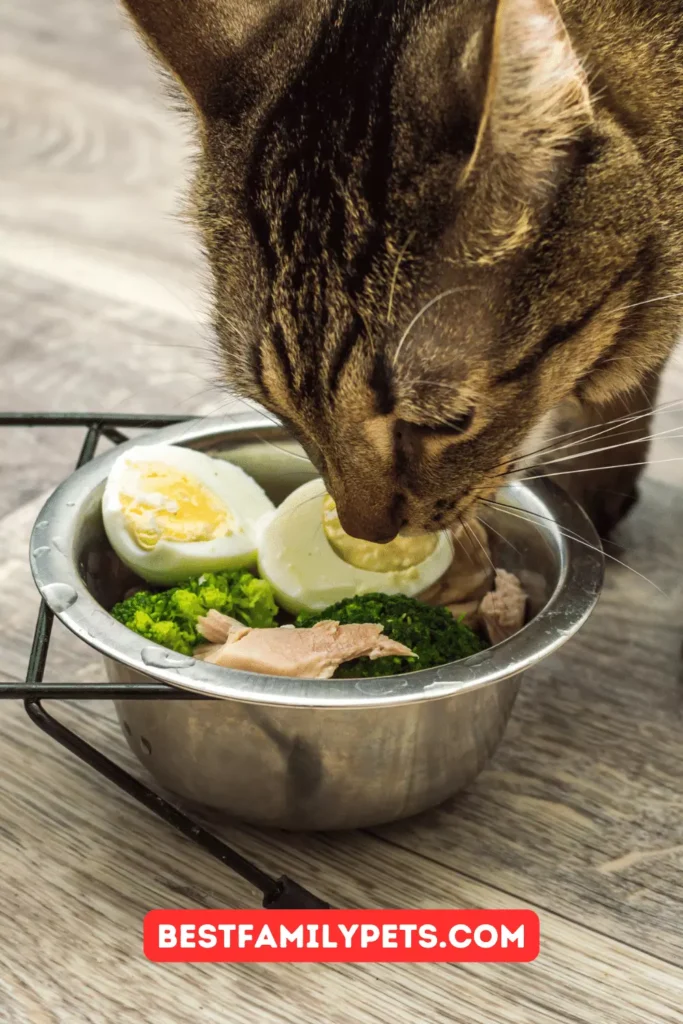
The Vegan/Vegetarian Diet Debate for Cats
The idea of feeding cats a vegan or vegetarian diet has become a topic of considerable debate among pet owners and animal nutritionists. This discussion is often influenced by ethical, environmental, and health considerations of pet owners. Proponents of plant-based diets for cats argue that with careful planning and supplementation, it’s possible to meet a cat’s nutritional needs without animal products. However, this perspective is highly controversial and not widely accepted in the veterinary community.
Veterinarian Concerns About Nutrient Deficiencies
Many veterinarians express significant concerns regarding plant-based diets for cats. The primary issue is the potential for nutrient deficiencies. Cats have specific nutritional requirements that are naturally met through a carnivorous diet, including taurine, arachidonic acid, vitamin A, and B vitamins. These nutrients are either absent or not readily bioavailable in plant-based foods. Taurine, for example, is exclusively found in animal tissue and is essential for heart health, vision, and reproduction in cats. A deficiency can lead to severe health issues. Veterinarians caution that even with supplements, replicating the necessary nutrients found in a natural carnivorous diet is extremely challenging and potentially risky.
Expert Opinions on the Necessity of Meat
Nutritional experts and veterinarians generally agree that meat is a critical component of a cat’s diet. They emphasize that cats are obligate carnivores, meaning their bodies are specifically adapted to digest and derive nutrients from animal-based sources. The consensus is that a meat-based diet is essential for maintaining the overall health and well-being of a cat. While some plant-based ingredients can be included as a part of their diet, these should be supplementary and not replace animal proteins as the core of their nutrition.
In summary, while there is a growing discussion about plant-based diets for cats, the prevailing expert opinion and veterinary advice strongly support the necessity of meat in a cat’s diet. Given their biological and nutritional requirements, a diet lacking in animal proteins may pose significant health risks to cats.
Balancing the Cat’s Diet
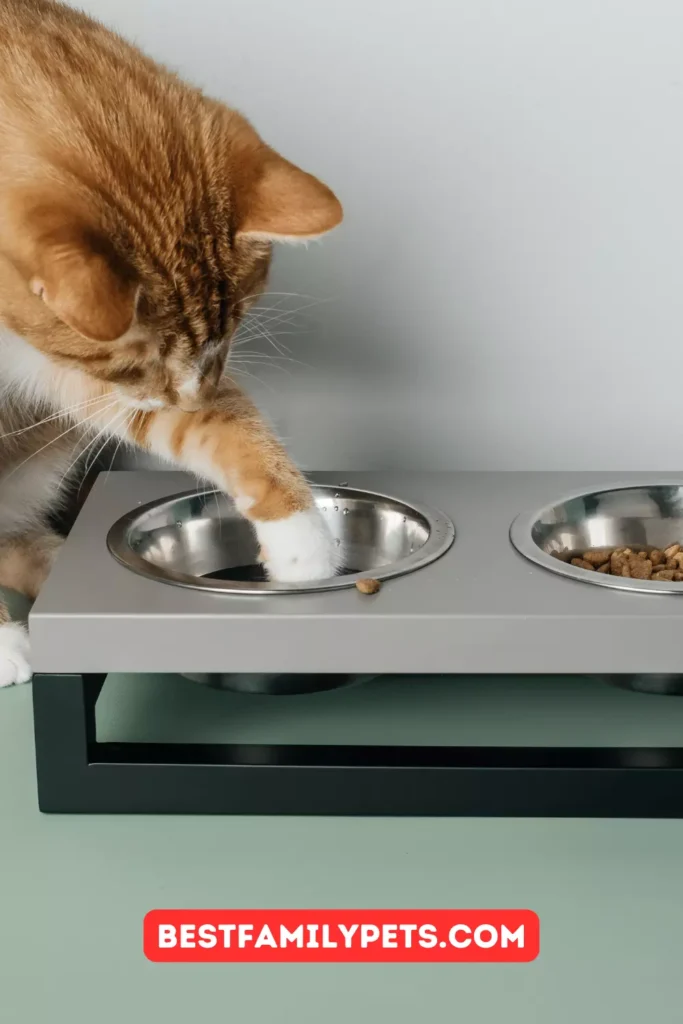
Importance of a Balanced Diet
A balanced diet is crucial for the health and longevity of domestic cats. It ensures they receive the right proportions of proteins, fats, vitamins, and minerals necessary for their overall well-being. An imbalanced diet can lead to various health issues, including obesity, nutritional deficiencies, and chronic diseases. Therefore, cat owners must understand and meet the unique dietary requirements of their feline companions.
Ensuring Nutritional Needs Are Met
- Choosing the Right Commercial Food: High-quality commercial cat foods are formulated to meet the nutritional needs of cats at different life stages. Look for products where meat is the primary ingredient, and that are specifically labeled as “complete and balanced.” This means the food meets the nutritional standards set by pet food regulatory authorities.
- Understanding Feeding Guidelines: Adhering to feeding guidelines is essential to prevent overfeeding or underfeeding. Portion sizes may vary based on a cat’s age, size, activity level, and health status.
- Considering Wet and Dry Foods: Wet foods are a good source of hydration and are often more palatable, while dry foods can be beneficial for dental health. A combination of both can provide a balanced diet while addressing different health considerations.
- Supplementation and Special Diets: In some cases, cats might require supplements or special diets, especially if they have specific health issues. Consultation with a veterinarian is crucial before making any significant changes or adding supplements.
Role of Occasional Plant-Based Foods
While cats are obligate carnivores, incorporating small amounts of plant-based foods occasionally can be beneficial. Certain vegetables like cooked carrots, green beans, or pumpkin can add fiber to their diet and aid in digestion. However, these should be given in moderation and should never replace animal-based proteins. It’s also important to be aware of foods that are toxic to cats, such as onions, garlic, grapes, and raisins.
Conclusion
Understanding the Feline Diet – Carnivores or Omnivores?
In our exploration of the feline diet, it’s clear that cats are natural carnivores. Scientifically classified as obligate carnivores, their anatomical and physiological traits are distinctly tailored for a meat-based diet. From their dental structure designed for tearing flesh to their digestive system optimized for protein absorption, cats are inherently predisposed to consume meat.
Despite this, the domestication of cats has led to some adaptability in their diet. While domestic cats have been introduced to a more varied range of foods, including commercial cat foods with plant-based ingredients, it’s crucial to recognize that these changes do not transform them into omnivores. The core of a cat’s diet must still predominantly consist of animal proteins to meet their specific nutritional needs, such as taurine and essential vitamins found only in meat.
The debate surrounding plant-based diets for cats highlights the importance of continued research and discussion in this area. While there are arguments for and against such diets, the consensus among veterinarians and nutritional experts is clear: a meat-based diet is essential for a cat’s health and well-being. The inclusion of plant-based foods should be considered supplementary and never a substitute for the vital nutrients that meat provides.
As we move forward, there is a need for further research to deepen our understanding of feline nutrition, especially in the context of domestication and evolving dietary practices. For cat owners, the priority should always be to provide a diet that aligns with the cat’s carnivorous nature, ensuring their beloved pets lead healthy, happy lives.
FAQs
Are domestic cats strictly carnivorous like their wild counterparts?
While domestic cats are inherently carnivorous and require a diet rich in animal proteins, they have adapted to a more varied diet through domestication. However, this adaptation doesn’t change their fundamental need for a primarily meat-based diet.
Can cats be healthy on a vegan or vegetarian diet?
Cats are obligate carnivores, and their bodies are not designed to process a plant-based diet effectively. While some owners attempt vegan or vegetarian diets for their cats with supplements, most veterinarians and animal nutritionists advise against it due to the risk of nutrient deficiencies.
What are the essential nutrients that cats need?
Cats require a range of nutrients that are typically found in animal-based foods. These include high levels of protein, taurine, arachidonic acid, vitamin A, and certain B vitamins. A deficiency in these nutrients can lead to serious health issues.
Is it okay to feed my cat dry food only?
While high-quality dry food can be a part of a balanced diet, it’s beneficial to include wet food as well. Wet food provides hydration and can be easier to digest. It’s important to choose a diet that suits your cat’s age, health, and lifestyle.
Can I give my cat vegetables or grains?
While cats are carnivores, they can consume small amounts of certain vegetables and grains. These should be given in moderation as a supplement to their meat-based diet and not as a primary food source. Always ensure the vegetables are safe for cats and avoid toxic foods like onions and garlic.
How do I choose the best commercial cat food?
Look for high-quality commercial cat foods where meat is the primary ingredient. The food should be labeled as “complete and balanced,” indicating it meets nutritional standards. Consider your cat’s age, health condition, and preference when selecting the type of food.
Why is taurine so important in a cat’s diet?
Taurine is an essential amino acid for cats, crucial for heart health, vision, and reproduction. Unlike some animals, cats cannot synthesize taurine and must obtain it from their diet, typically through meat. A taurine deficiency can have severe health consequences.
References
- Are Cats Omnivores? An Honest Look at Vegan Cat Food – Plant-based diets are growing in popularity, but is a diet that’s suitable for you safe for cat too? To find out, we need to ask, are cats omnivores?
- Obligate Carnivores Explained: Are Cats Obligate Carnivores? | Dutch – Learn about obligate carnivores and their needs in this guide.
- Why Do Cats Need Meat in Their Diet? – Island Pet Veterinary Hospital – Unlike dogs, cats have not evolved to be able to handle starchy carbs in their diet. Read about why your cat’s diet needs to be primarily meat-based.
- Veggie Cat Food? Why Not All Cats Need Meat | Scientific American – Some tips (and warnings) for considering switching your cat to a vegetarian diet
- Video: Cats are Obligate Carnivores – Uniquely Cats Veterinary Center | Uniquely Cats Veterinary Center – Cats are obligate carnivores… Which means they can not obtain all the nutrients they require to survive from plants and bacteria.
- Veggie Cat Food? Why Not All Cats Need Meat | Scientific American – Some tips (and warnings) for considering switching your cat to a vegetarian diet
- Are Cats Omnivores? Everything You Need to Know | Pet Keen – Most cat foods these days are a blend of vegetables, fruits, and meat in an attempt to provide cats with “everything” they need, but are cats omnivores?
- Are Cats Carnivores or Omnivores? – Nutritional Needs of Cats – Are cats carnivores or omnivores? Cats are known as obligate carnivores, meaning they need meat based on animal protein to survive. We look at the nutritional needs of cats to learn more.
- Nutrition of the domestic cat, a mammalian carnivore – PubMed – From the foregoing discussion of the nutritional requirements and some of the metabolic anomalies of the cat, it is clear that the cat is adapted to eating a carnivorous diet. It may, however, have less capability than omnivores and herbivores to adapt to wide ranges in dietary composition.
- Cats Are Different: How a Cat’s Nutritional Needs are Different from a Dog’s | PetMD – So even with the thread of sameness joining all the planets’ life forms, diversity and difference makes us take note of each creature’s uniqueness. Maybe that’s why the cat is America’s favorite housepet … cats are different!
- Cats Are Carnivores: How To Meet Your Cat’s Dietary Needs – Like humans, cats have special dietary needs to help them stay healthy, but feline diets are very different from human diets.
You may also like these:
-

Is Purina Cat Food Made in the USA?
Is Purina Cat Food Made in the USA? Get the facts about Purina cat food! Learn about its origin and whether it’s made in the USA or not.
-



Sterilized Cat Food: Which Is the Best of 2024?
Looking for the best sterilized cat food of 2024? Check out our top picks and keep your cat healthy with sterilized nutritious food.
-



10 Reasons to Choose Blue Diamond Cat Food
We’ve put together a list of the top 10 reasons you should choose Blue Diamond cat food. 100% satisfaction guarantee, try it risk-free!
-



Blue Buffalo Cat Food Samples
If you’re looking for new food for your furry friend, check out Blue Buffalo’s website and request a free sample!
-



FAQs: Blue Buffalo Cat Food
Got questions about Blue Buffalo cat food? Check out our FAQs section and get all the answers you need to keep your cat healthy.
-



What Is Raw Cat Food, and Should I Feed It to My Pet?
What are you waiting for if you’re looking for a great selection of raw cat food? Check out our selection of best raw cat food today!
-



Veterinarian Recommended Joint Supplements for Senior Cats
Help your senior cat stay active and healthy with veterinarian recommended joint supplements. Shop now for improved and quality of life.
-



Wet Cat Food: Which is the Best of 2023?
Discover the best wet cat food of 2023 and keep your cat happy and healthy. Check out our top picks and find the perfect option for your cat.
-
Cat Food: Which is the Best of 2021?
A good diet is essential to keep your cat healthy. And if that food is delicious, you will also have your pet happy. Having an animal at home is a great responsibility that we must not forget. You have to decide on its nutrition yourself, so it is very important that you choose the food…
-



Malt for Cats: Which Is the Best of 2023?
Looking for the best malt for your cat? Check out our top picks for 2023 and keep your feline friend healthy and happy.
-



Does Walmart Carry Science Diet Cat Food?
Many pet parents turn to Science Diet for their furry friend’s needs. So, does Walmart carry Science Diet cat food?
-



Are There Any Recalls on Cat Food?
Stay informed about the latest cat food recalls. Check our guide to find out if there are any recalls on cat food and keep your cat safe.
-



IAMS Diabetic Cat Food Meals and Fillers
IAMS Diabetic Cat Food – With the exception of some formulas being heavy on meals and fillers, IAMS cat food is acceptable in your cats diet.
-



How to Choose the Best Dry Cat Food for Your Feline?
Choosing the best dry cat food can be tough. Our expert guide will help you make an informed decision and keep your cat healthy and happy.
-



Blue Freedom Vs Blue Wilderness Cat Food
Confused about which cat food to choose? Compare Blue Freedom and Blue Wilderness and pick the best option for your feline friend’s needs.


